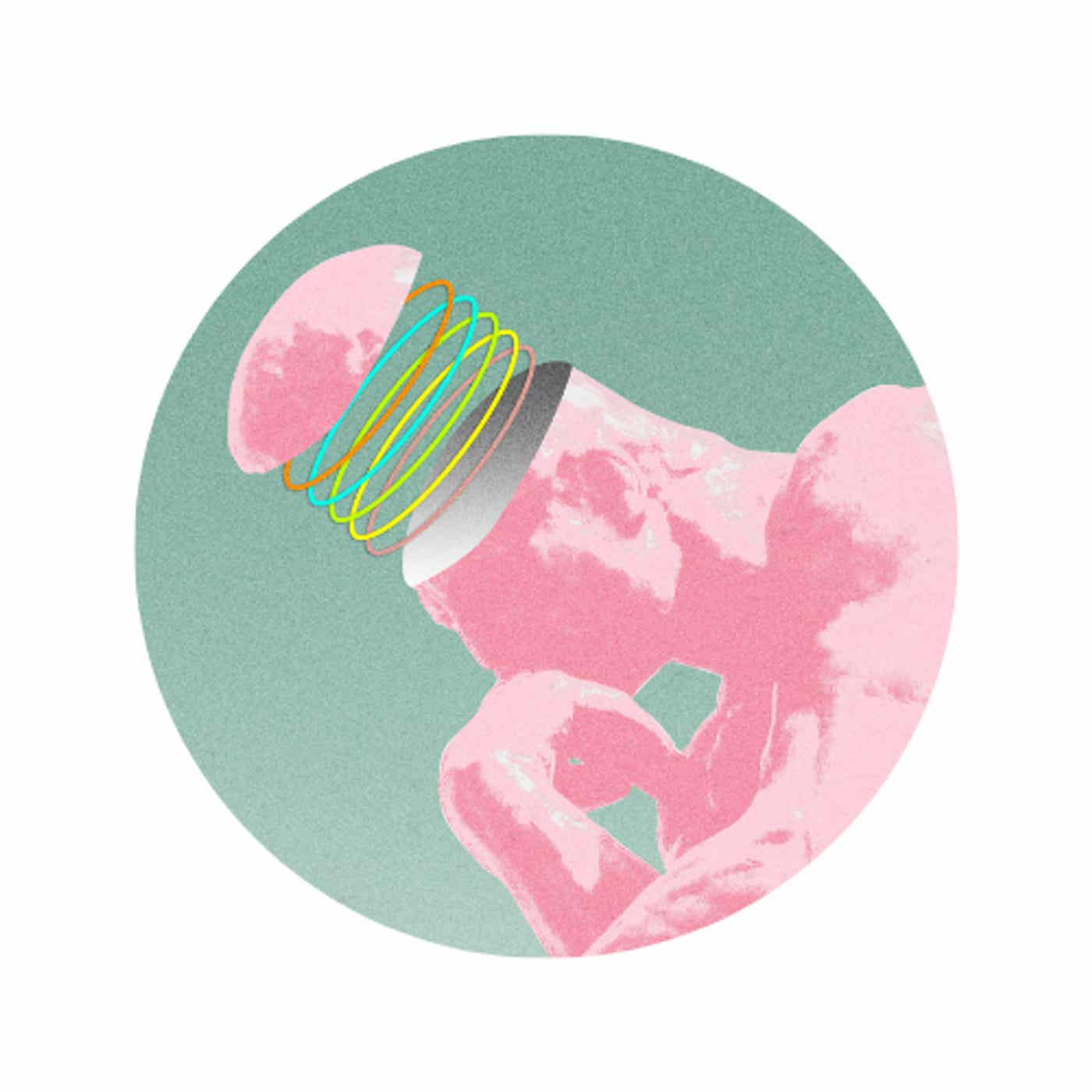
Actual People
Welcome to Actual People, an unfiltered exploration of individual and societal shifts in a world undergoing tremendous change.
I open up about my own experiences in order to dive into social and cultural phenomena, positive developments, and collective pain.
We look at survival, endurance, strength, triumph and despair while imagining a future with creative joy and hope.
Each episode is dedicated to meaningful conversations about the evolving landscape of our lives and the power of our own creativity and imagination to make magic.
Actual People
S2E8 - Neurodiversity and Individuality
This episode, Host Chauncey Zalkin sits down with friend and British Futurist Melissa Sterry who combines a passion for fashion and art with multiple degrees in sustainability, architecture and science.
The two met through the A Small World network in the mid 00s while Chauncey lived in Paris and Melissa in the UK. A lot has changed since then. They discuss the modern paradox of homogeneity in a diverse world. Melissa explains how hope is around the corner in our quest to champion human creativity and individuality.
Take a listen.
Mentioned in this episode
- Neurodiversity
- Journalistic Standards
- Fashion Then & Now
- HBO's "Industry"
- The Nepo Baby Problem
- The State of The Indie Press in the UK
- and more
Written, directed, and executive produced by Chauncey Zalkin. Intro/Outro sound engineered by Eric Aaron. Photography by Alonza Mitchell with Design Consulting by Paper + Screen.
Want to go deeper? Follow my Substack and don't forget to pledge subscription. (;
Want to see the episode? Subscribe to the Actual People YouTube Channel.
Follow us on Instagram for the latest updates and behind the scenes.
We want to hear from YOU so if you want to be a guest, have a pithy but kind retort, or for business inquiries, drop me a line.
Actual People, a Podcast
www.chaunceyzalkin.com

